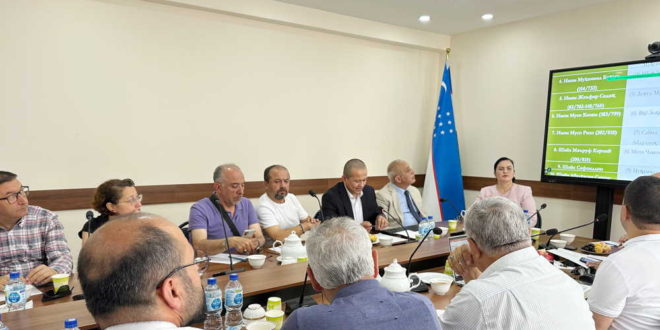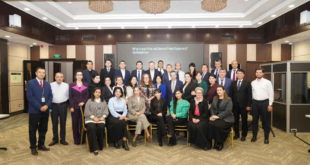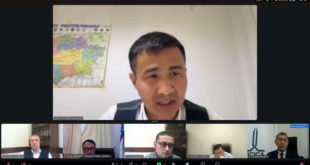On June 11, an international academic conference titled “The Turkic World and the Pir of Turkestan: The Yassawi Path and Legacy” was held in Tashkent. The forum was organized by the Institute of History of the Academy of Sciences of Uzbekistan in cooperation with several partner institutions and Ankara Haji Bayram Veli University in Turkey. Prominent scholars from both countries participated in the event, including Mekhrojiddin Amonov, a researcher at the Imam Bukhari International Scientific Research Center, who shared insights on Sufi traditions, the Yassawiya order, its historical and spiritual significance, and contemporary studies on the subject.
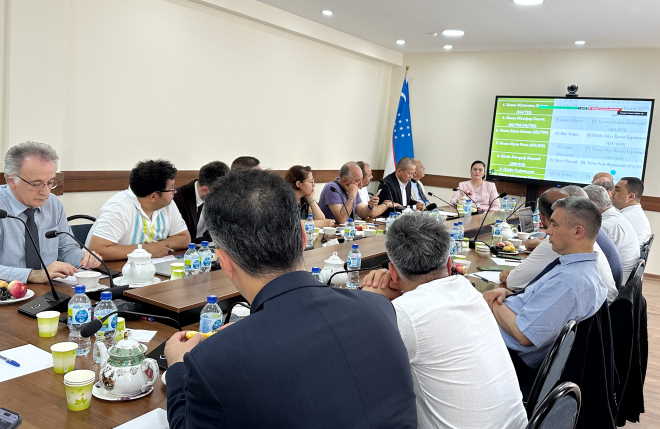
In his presentation titled “The Yassawiya Order: Silsila and Genealogy (From Turkestan to Samarkand),” M. Amonov presented his scholarly reflections on the spread of the Yassawi order throughout the region. He emphasized that the Yassawiya was one of the earliest Sufi schools formed in Central Asia and flourished not only in Turkestan, but also in Tashkent, Khorezm, Bukhara, and Samarkand.
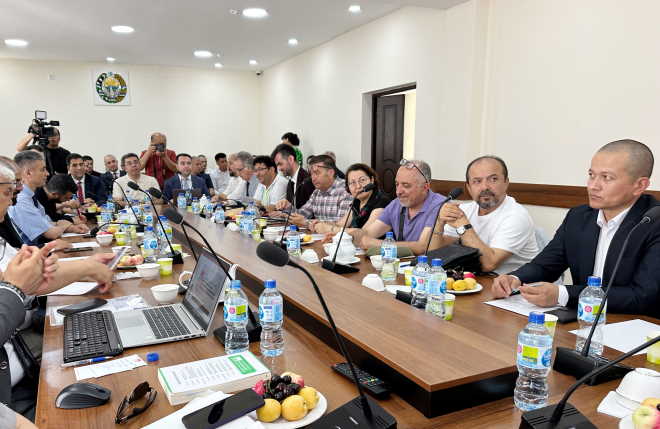
The core foundation of the Sufi order lies in the spiritual chains – silsilas and genealogies – that trace back to Prophet Muhammad (peace be upon him). In Sufism, the silsila represents an unbroken spiritual, educational, and guiding link passed from master to disciple. Within the Yassawiya order, this link was transmitted from Ahmad Yassawi to figures such as Hakim Ata, Zangi Ata, and other scholars, eventually spreading to Samarkand, Bukhara, Khorezm, and even as far as India.
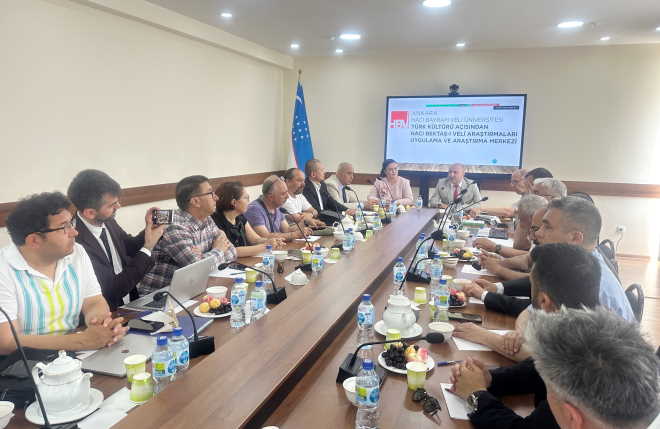
As highlighted during the presentation, Yassawi genealogies and inscriptions on gravestones preserve unique historical information. Though not found in official records, these details are clearly reflected in public memory and epigraphic monuments.
“The Yassawiya is not merely a Sufi order, but a comprehensive spiritual school. Each link in its chain and each genealogy represents the spiritual history of its time,” noted the speaker.
The researcher shared detailed genealogies of Yassawi sheikhs who lived in Bukhara and Samarkand, including their lineage names and epigraphic data from their graves, based on historical documents and newly discovered sources. In particular, he analyzed the lineage of Sayyid Ahmad Khoja, including descendants such as Muhammad Mirzo Sayyid and their successors, correlating these findings with historical sources.
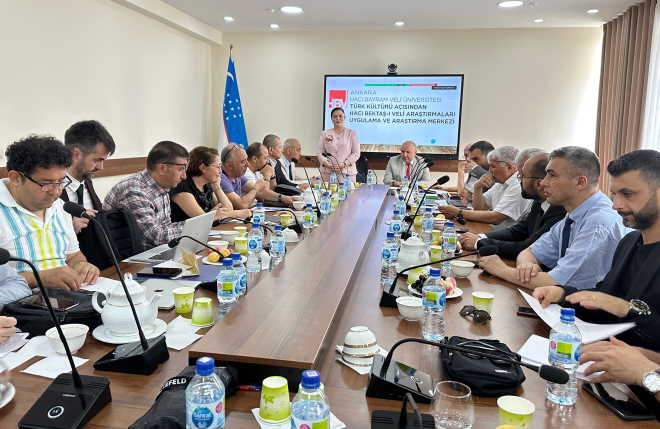
The lecture was met with great interest and respect by the audience and international participants. In particular, the analysis based on historical genealogies and epigraphic sources, as well as archival discoveries and their scholarly relevance, were especially commended.
The event served to deepen the study of the Yassawi scientific heritage, reveal new aspects through modern research, and promote Turkic Islamic spirituality at an international level.
 Imom Buxoriy xalqaro ilmiy-tadqiqot markazi bukhari.uz
Imom Buxoriy xalqaro ilmiy-tadqiqot markazi bukhari.uz







